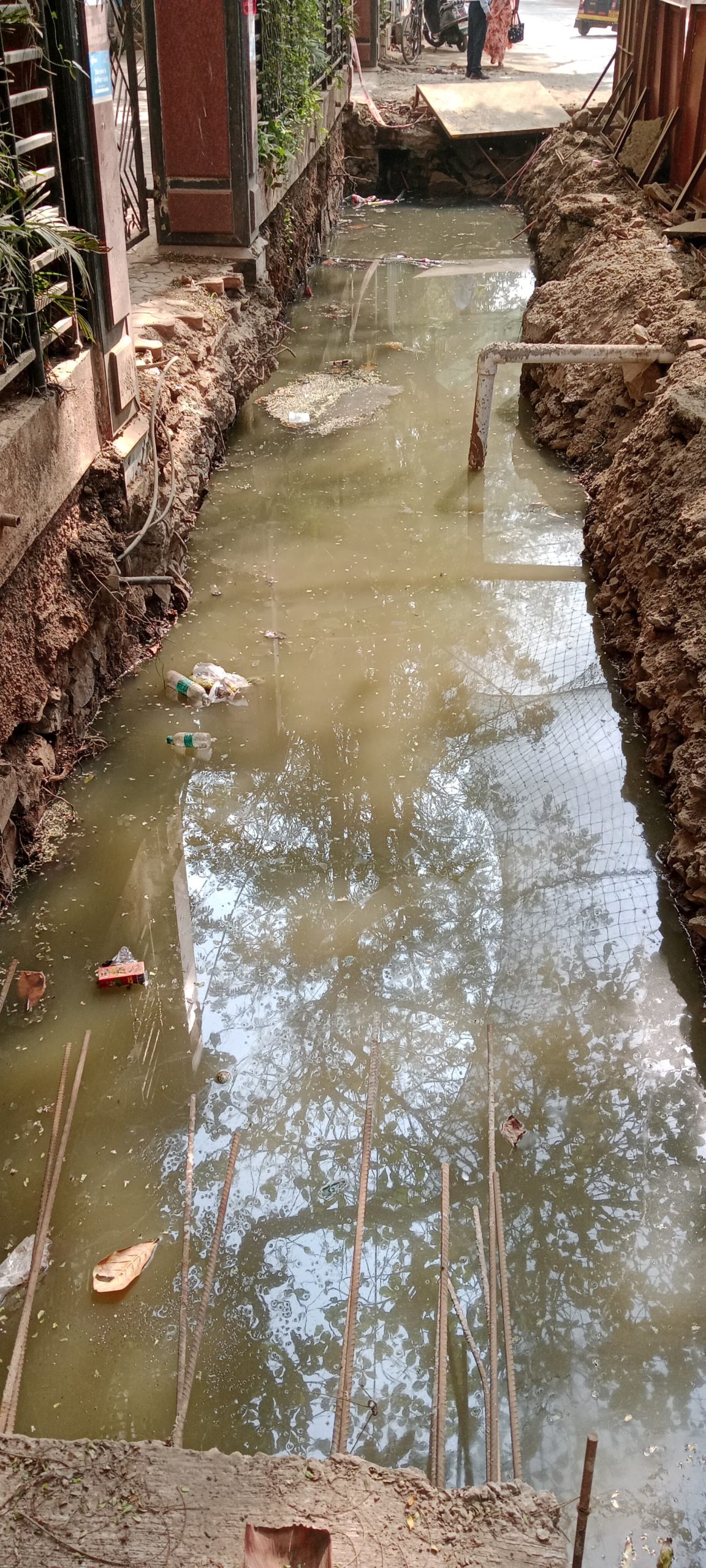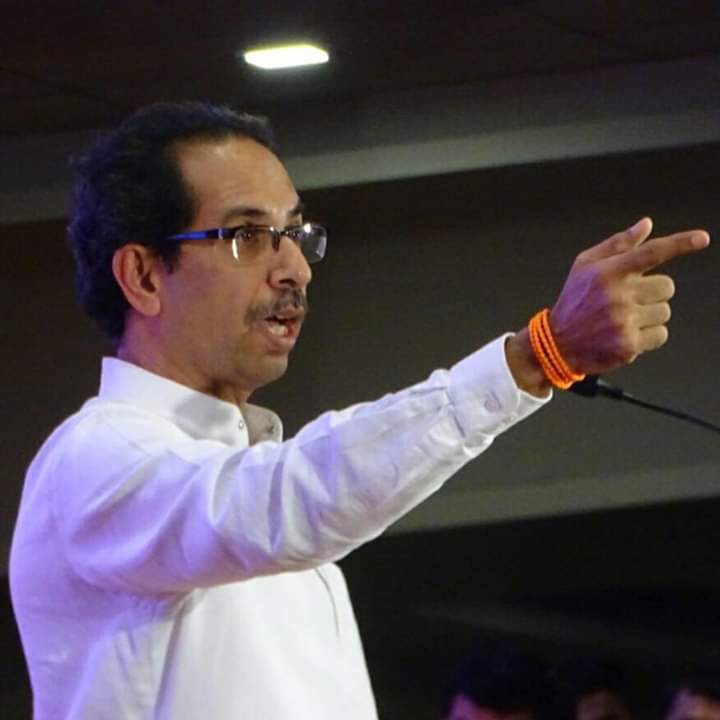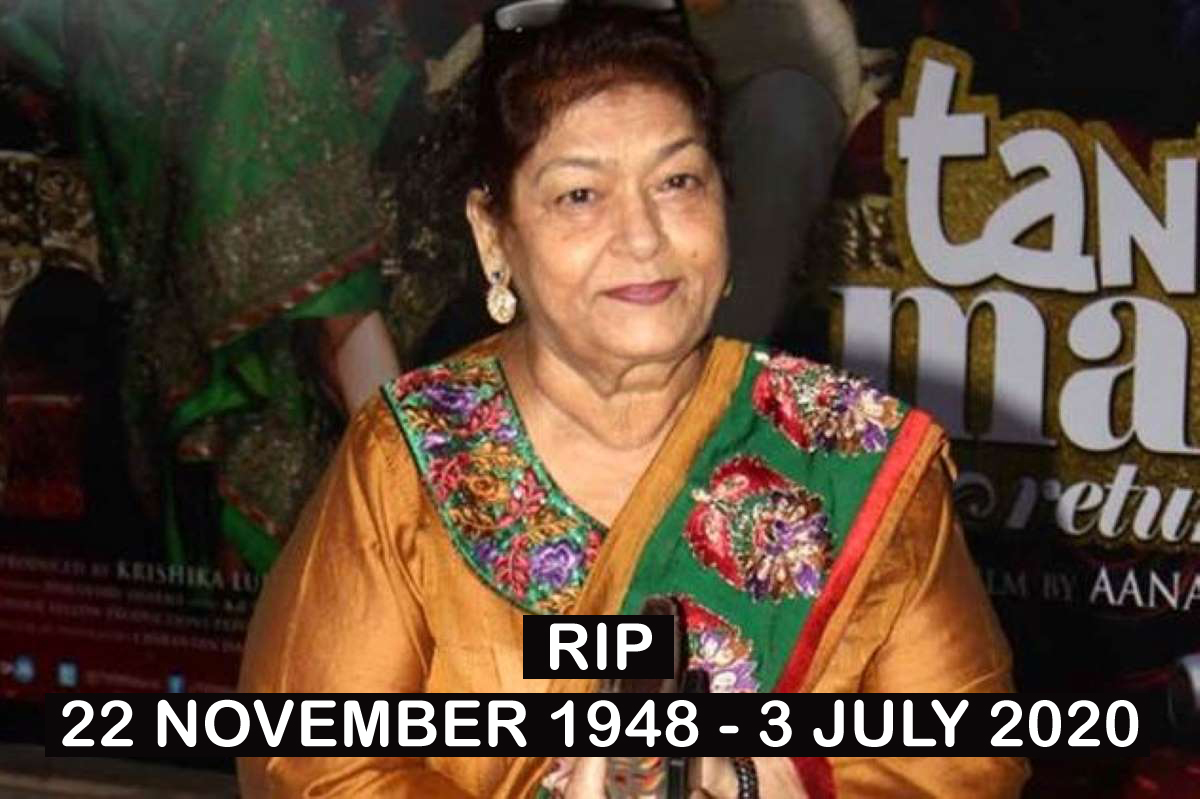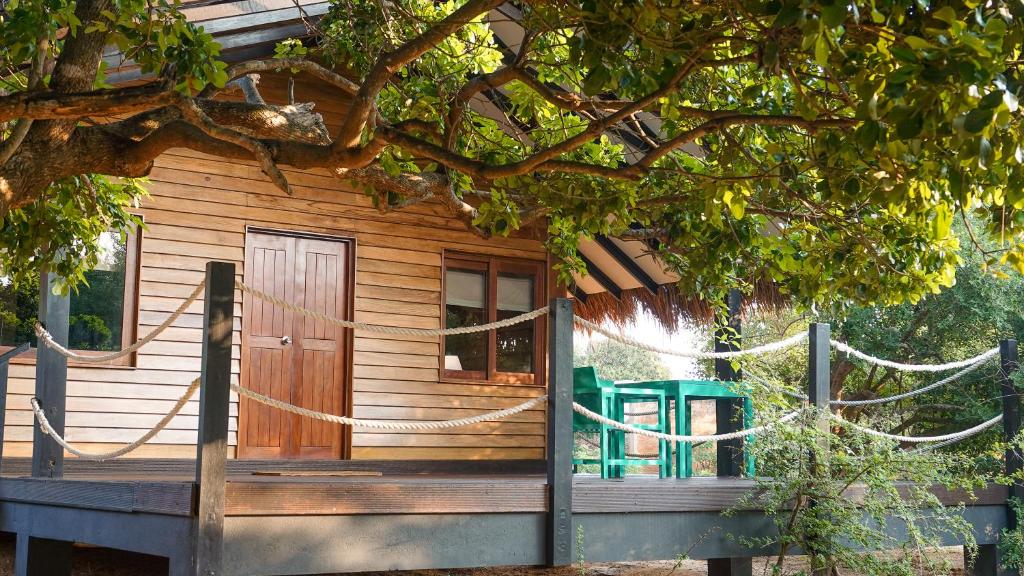Andheri West, Mumbai – Residents of Duplex Heights in Yamuna Nagar are raising an alarm over a public health hazard caused by stagnant water accumulated in an abandoned trench dug by the Municipal Corporation of Greater Mumbai (MCGM). The site, located just outside the residential complex, has become a mosquito breeding ground, increasing the risk of dengue and other mosquito-borne diseases in the area.
The Issue at Hand
The trench was dug as part of road construction work initiated by MCGM but was abandoned midway by the contractor. Since then, water has been collecting in the pit, particularly during and after the monsoon season. Despite repeated complaints from residents and fines imposed on the society for other minor water stagnation issues, the trench remains unattended.
Health Concerns
The stagnant water in the pit has created a perfect environment for mosquitoes to breed, posing a severe threat to public health. Dengue cases have already been on the rise in Mumbai during and after the monsoon season, making the situation even more critical.
Local residents have expressed concerns about the safety of neighboring societies, fearing an outbreak of mosquito-borne diseases. “We have no control over this situation. The BMC has been fining us for small issues, but this abandoned construction is the real threat,” said a resident of Duplex Heights.
BMC’s Role and Responsibility
While BMC health officials have been visiting the area 4 to 5 times post-monsoon to check for stagnant water, no concrete steps have been taken to address the larger issue caused by the abandoned roadwork. The fines imposed on societies for minor lapses in water management further highlight the double standards, as BMC itself has left behind a mosquito breeding site.
The negligence by the contractor and lack of follow-up from the MCGM have left residents feeling helpless. Despite raising complaints, there has been no immediate action to either cover or drain the stagnant water in the trench.
Impact on the Community
The residents of Duplex Heights are not the only ones at risk. The stagnant water affects all the nearby societies in Yamuna Nagar, creating anxiety among the community. “This is not just about one building. It’s about the health and safety of everyone living in the area,” said another resident.
Children, the elderly, and those with compromised immune systems are especially vulnerable to mosquito-borne diseases, making it imperative for authorities to act promptly.
Call to Action
The residents have requested the BMC health department to take immediate steps to:
1. Drain the stagnant water from the trench.
2. Treat the area with anti-larval chemicals to prevent mosquito breeding.
3. Ensure that the abandoned road construction is either resumed or properly closed off to prevent further issues.
4. Hold the contractor accountable for leaving the work incomplete.
Preventive Measures
While awaiting action from the authorities, residents are doing their best to control the situation. Many are using mosquito repellents, nets, and maintaining cleanliness within their premises. However, without resolving the root cause, these measures provide only temporary relief.
Conclusion
The trench outside Duplex Heights is a glaring example of administrative negligence that endangers public health. With dengue and other mosquito-borne diseases on the rise, urgent intervention by MCGM is essential to mitigate the risk and ensure the safety of residents in Yamuna Nagar.
The community hopes that swift action will be taken before the situation escalates further. Public health should remain a priority, and such oversights must be addressed immediately to prevent avoidable crises.

Surjitt Sahani











